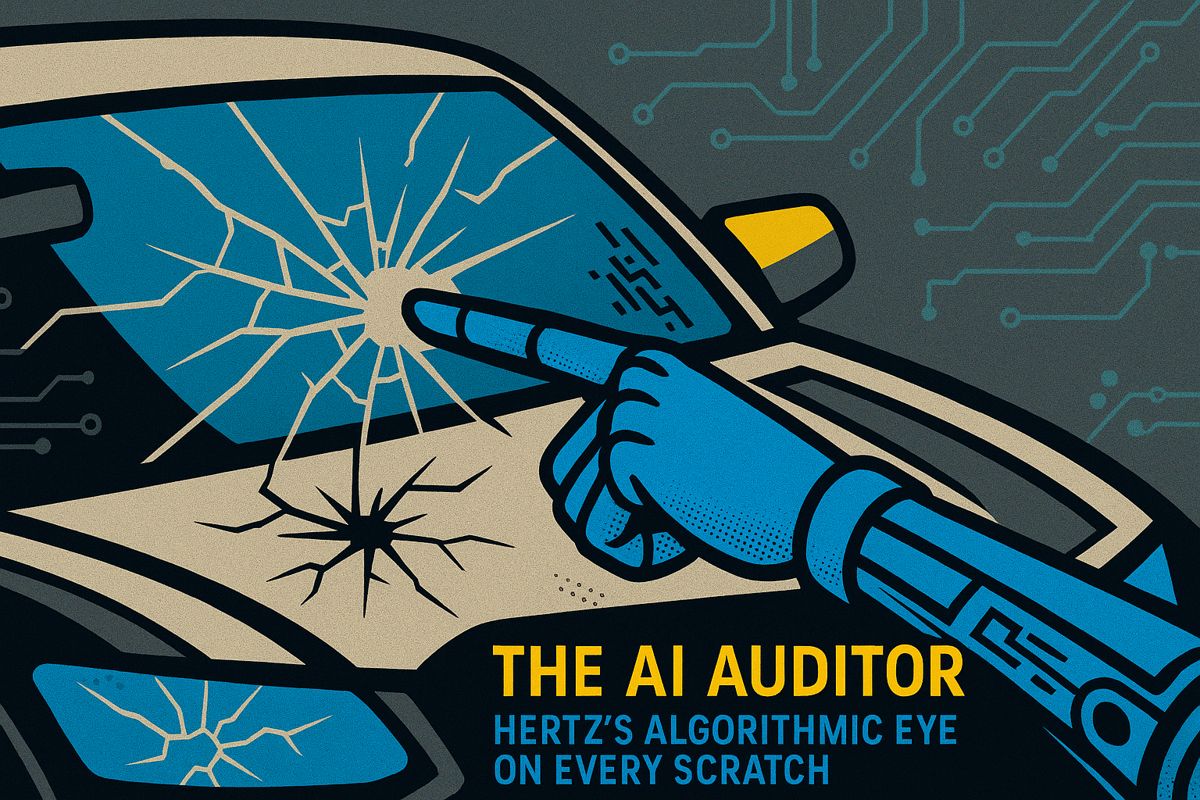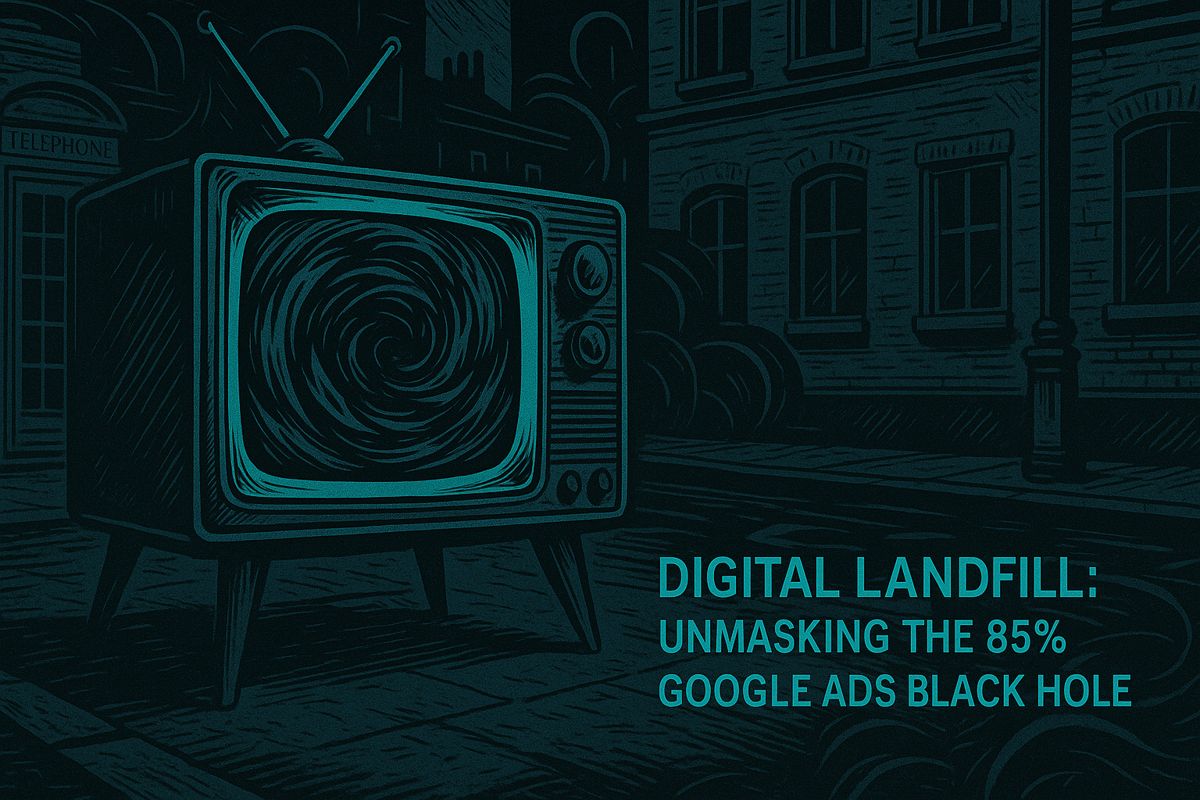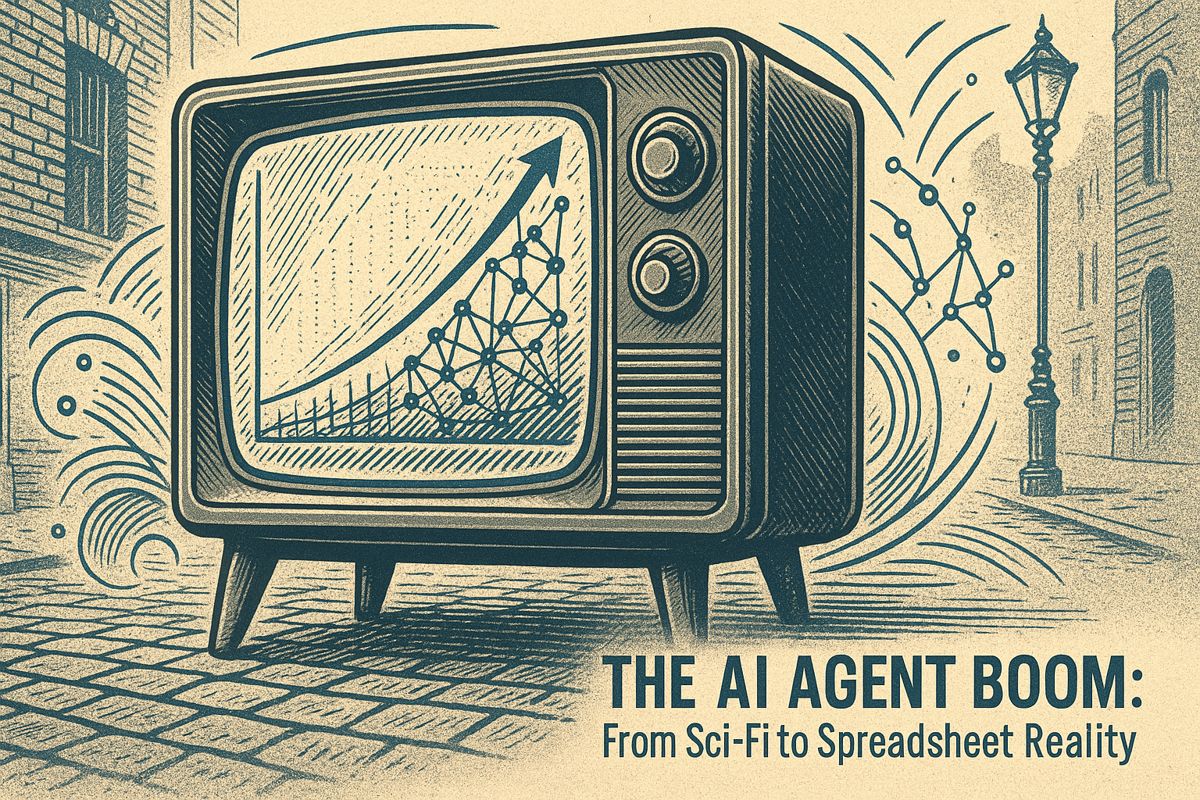Hertz now uses a super-smart AI helper that finds five times more little charges on rental cars. This makes things much more efficient for Hertz, like a hawk finding every tiny fee. But customers might feel a bit stung by unexpected bills, and trying to fix them can be really tough. It’s like a cold machine is judging you, making trust harder to build. This new tech makes things neat for Hertz, but it can feel a bit bumpy and scary for you.
How does Hertz’s new AI billing system impact customers?
Hertz’s new AI billing platform significantly increases the number of customers receiving invoices, identifying five times more billable events. While enhancing efficiency for Hertz by detecting previously missed charges, this technological advance risks eroding customer trust and goodwill due to unexpected charges and a more challenging dispute process.
Back then, suspicion hung as thick as the Gulf Coast’s July humidity. I remember anxiously snapping photos of every panel, half-expecting a Kafkaesque dispute over a dent I’d never noticed. Paranoia, maybe, but also relief—I’d documented it all. And now, Hertz has changed the game entirely. Their new AI doesn’t blink, doesn’t forget, doesn’t forgive. The shift isn’t just technical; it’s psychological, too. Why do these advances make my palms sweat?
Hertz Unleashes Algorithmic Scrutiny
Here’s the brass tacks: Hertz has rolled out an AI billing platform that issues invoices to five times more customers than before. The impact? It’s not just a feather in the cap of their CTO—let’s call him Maxine Leroux, for fun—but a seismic shake-up in their operations. According to recent company data, the number of bills generated has multiplied exponentially, and the system now identifies billable events at lightning speed. I suppose this is what operational scalability looks like: AI moving through back-office tasks like a Roomba on triple espresso.
As I dig into the mechanics, my mind conjures metaphors: the algorithm as a hawk, circling over every returned Nissan Altima, or perhaps as an octopus, tentacles reaching for every overlooked fee. Sensory detail? The cold click of a digital camera lens, the smooth whir of a server rack. The system’s logic doesn’t tire; it just churns on, sniffing out charges that once slipped by human agents distracted by lunch breaks or an especially persuasive customer.
Efficiency vs. Trust: A New Balance
But there’s a catch—there’s always a catch, isn’t there? With more comprehensive billing comes the risk of customer friction. How many renters now feel the sting (or, let’s be honest, the wrath) of an unexpected invoice for a scratch visible only to LIDAR? It’s an old conundrum in a shiny new package: AI increases efficiency, but does it erode goodwill? I have to admit, I once doubted the scale of impact these changes might have. Yet the numbers from Hertz are too significant to brush aside. Five times! That’s the kind of multiplier that would make even the folks at Gartner blink twice.
Let’s not ignore the emotional undercurrent. When a machine, rather than a human, accuses you of a misdeed, it feels different. Colder. Less fair, somehow. And if you must appeal, the process reportedly resembles navigating the Paris Metro with a map written in Sanskrit—possible, but not for the faint of heart. Is this the price of progress or just a misstep in the grand saga of technological evolution? I still wonder, late at night, about the trade-off. Maybe you do, too.
The Human Equation in a Robotic Ledger
Here’s where I pause, reflecting on past errors—like dismissing the rise of automated toll booths as a passing fad. I learned. Adapt or become anecdotal, right? As AI marches into our daily minutiae, the experience morphs from negotiation to cold notification. Goodbye, awkward small talk; hello, algorithmic certainty. The ledger is neater, but the ride bumpier for some.
In the end, I felt an odd mix of awe and anxiety reading about Hertz’s transformation. Awe at the sheer scale—fivefold increases don’t happen every day. Anxiety at what might be lost: the human touch, a sense of fairness, maybe even trust itself. The AI’s not going away. Neither is that flicker of doubt, or the faint, metallic taste of apprehension every time I return a car. Some things, it seems, never quite resolve…



















